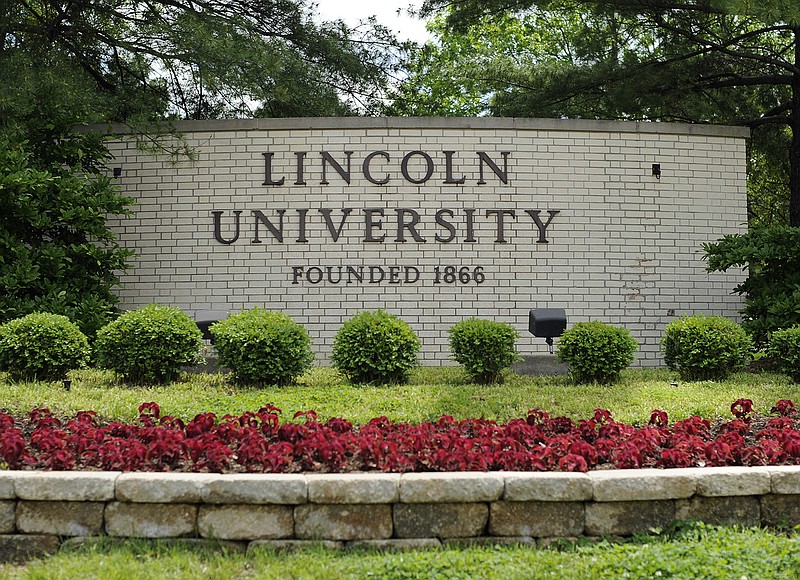Lincoln University has moved closer to becoming the first historically Black college or university in the nation with a police training academy, after the Missouri Peace Officer Standards and Training Commission recommended Monday that the academy be granted a license.
The decision on whether LU is actually granted a license for its academy now rests with Missouri Department of Public Safety Director Sandra Karsten. DPS shared on social media this week that "Karsten told the commission she would review and act quickly on the recommendation."
In addition to its authority over establishing the minimum standards and hours for law enforcement's basic training and continuing education requirements, the POST Commission also establishes the minimum standards for law enforcement training instructors and training centers - though it's the DPS director who licenses training centers.
The POST Commission in October gave LU preliminary approval to move forward with the process of establishing its academy.
Karsten's immediate decision is whether to approve giving the university a one-year initial probationary period for its academy - based on evaluations of a site visit.
"Director Karsten conducted two site visits herself with POST program staff (on) Oct. 16 and Nov. 18," DPS spokesman Mike O'Connell said Wednesday. "There isn't a formal report related to them or the POST Commission's recommendation."
LU's proposal for a police academy has been praised by many local law enforcement officials - including Cole County Sheriff John Wheeler and his counterparts in Callaway and Osage counties - who are looking for help to expand the pool of applicants to their profession.
The academy's focus would be on attracting low-income students from minority communities.
LU President Jerald Jones Woolfolk has previously said, "As an HBCU, we are keenly aware of the need to educate a diverse workforce for all disciplines. We know law enforcement and the public safety sector could benefit from a candidate pool that is more reflective of the communities they serve."
Lincoln University Police Department Chief Gary Hill - who also serves on the POST Commission but has recused himself from votes on LU's academy - and LU professors Joseph Steenbergen and Darius Watson have been leading the development of the academy.
Hill told the News Tribune on Wednesday that he's excited by the POST Commission's decision, but he did not have a sense of a timeline for Karsten to make her decision.
In the meantime, Hill said the academy has received 15 applications - most of them from LU students, with the exception of three who are working adults - but background checks have not yet been completed on applicants, and enrollment of enough qualified applicants will determine whether the academy starts as planned Jan. 19.
The academy is aiming to have eight or nine students enrolled in its first class, he said.
The plan is to fund the academy by the tuition and fees of recruits enrolled in it, and any additional revenue generated would support initiatives in the university's strategic plan.
Hill would become the academy's director, and Steenbergen would become the academy's director of academic affairs as assistant director; neither Hill nor Steenbergen would leave their existing full-time roles for their part-time academy roles. Several LUPD officers would be part-time instructors.
It's also been planned that recruits' education will include 45 hours of firsthand engagement through mentoring and internships with community agencies that serve people including those experiencing homelessness, the criminal justice system, having been a victim of a crime, or mental health issues. The agencies would be supported financially by the academy for their role.

